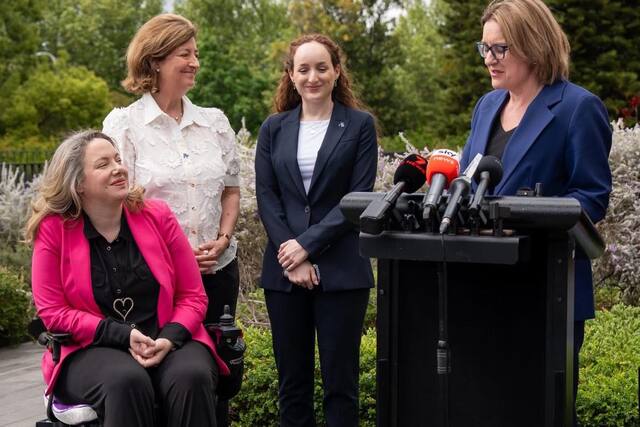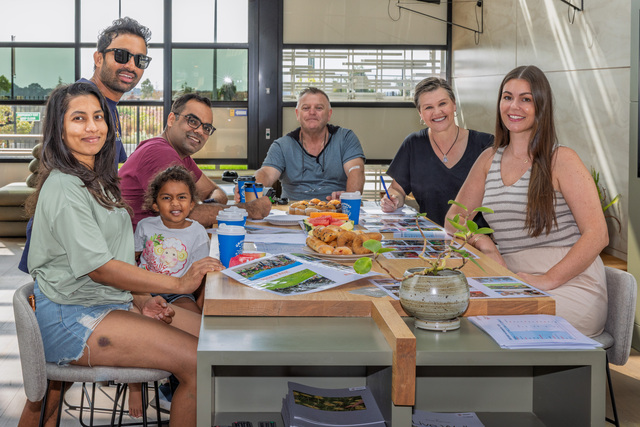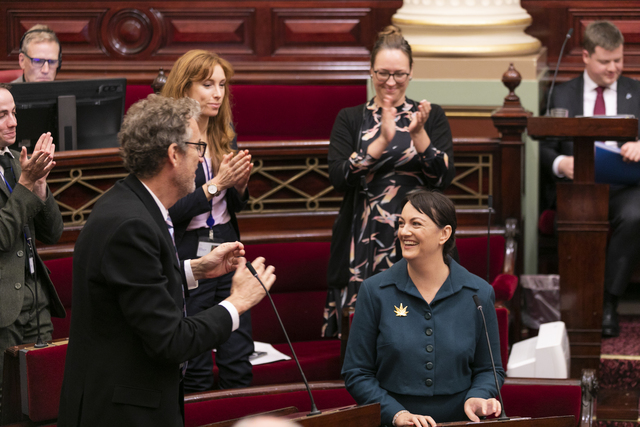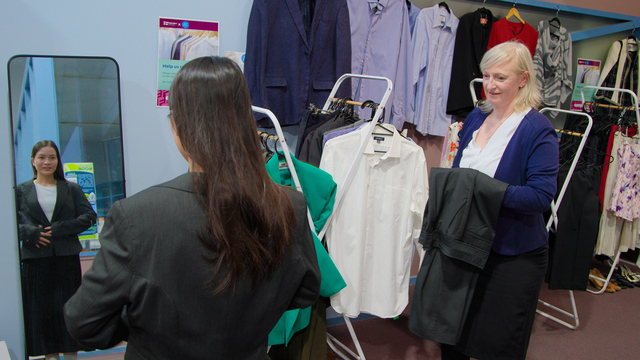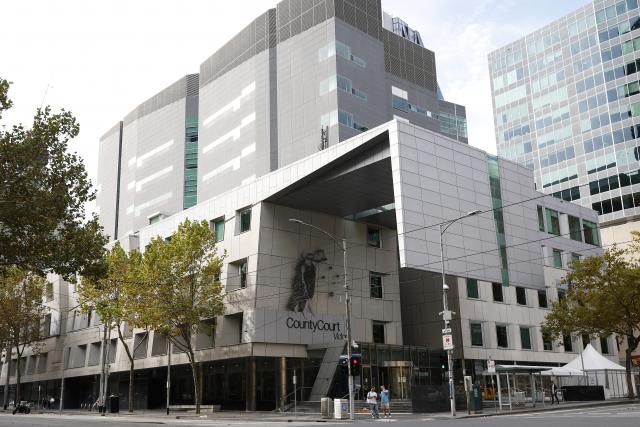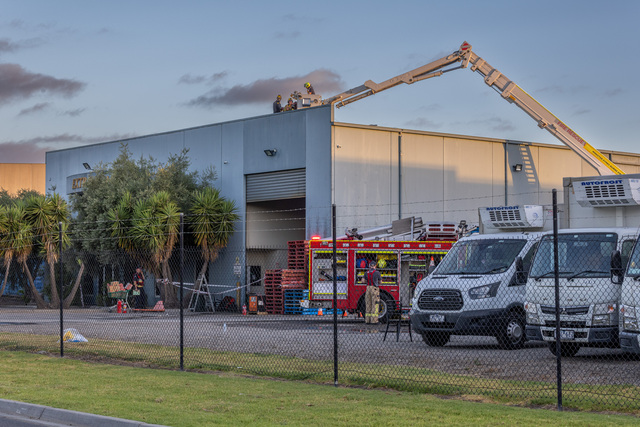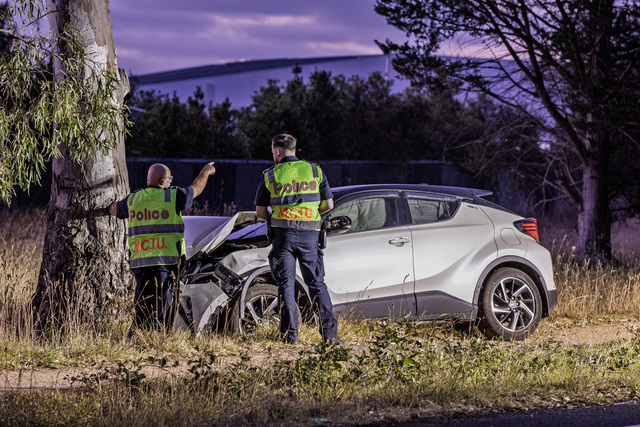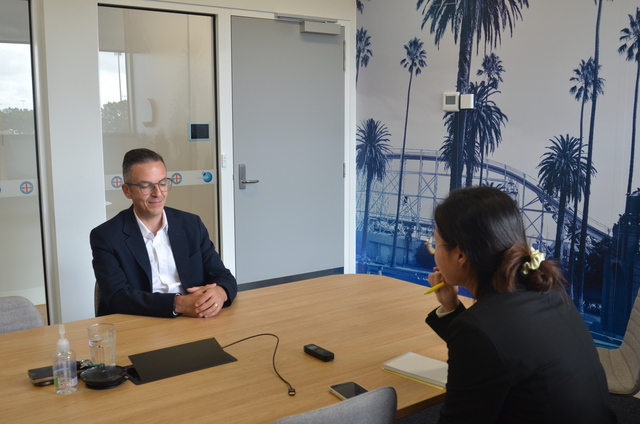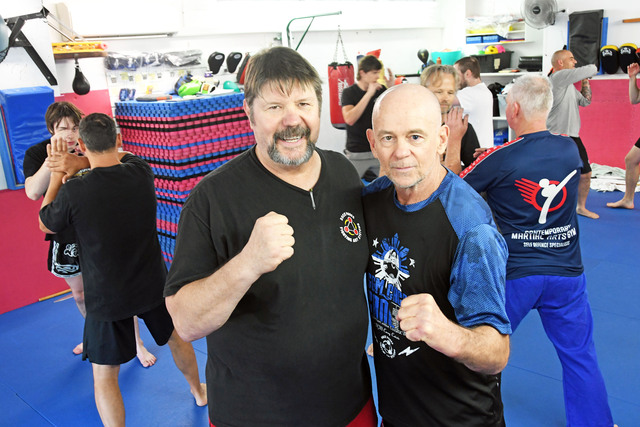New amendments to the national-first Voluntary Assisted Dying (VAD) laws have been introduced to State Parliament as part of a wider effort to give people more dignity in end-of-life care.
The changes were read before the lower house last Thursday, proposing updates to the law such as removing the gag on practitioners raising VAD and reducing the time frame between first and final assessments.
Victoria was the first state in Australia to introduce such laws, and these amendments aim to update the legislation since its initial implementation in 2019.
“It is about compassion. It is about autonomy. It is about recognising that for some people, despite the best palliative care, suffering remains. And it is about ensuring that those people are not left on the margins of our system,” Minister for Health Mary-Anne Thomas said.
Included in the 13 different amendments is an extension of the prognosis requirement from six months to 12 months, allowing more people facing terminal illness to access VAD.
Greater support measures are also proposed, such as providing interpreters for clear discussions regarding VAD and removing the requirement for a third prognosis for people with neurodegenerative diseases.
Changes to the arrangement of the VAD substance, between self-administration and practitioner administration, would be allowed without the need for a new permit. This is part of a broader shift towards decisions being made directly between the patient and their doctor, rather than through time-consuming paperwork.
To ensure safety if practitioners are permitted to raise VAD, any family member or beneficiary of an applicant will be barred from participating in their administrative or medical process with VAD.
A new administering practitioner role will be introduced to expand the workforce available to support VAD.
Pakenham MP Emma Vulin has backed these amendments personally and works closely with advocacy groups such as Dying With Dignity and Go Gentle Australia.
“The reforms will maintain the strong safeguards that have been a cornerstone of Victoria’s approach, ensuring that decisions are voluntary, the person has decision-making capacity, and they are free from coercion,” Ms Vulin said.
The amendment bill will be debated in Parliament in the next sitting week, starting on Tuesday 28 October.

